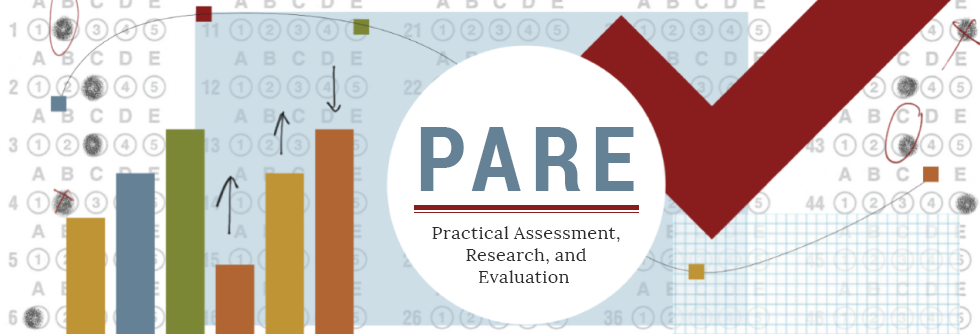Response Process Evidence for Academic Assessments of Students with Significant Cognitive Disabilities
Abstract
This paper describes methods and findings from student cognitive labs, teacher cognitive labs, and test administration observations as evidence evaluated in a validity argument for a computer-based alternate assessment for students with significant cognitive disabilities. Validity of score interpretations and uses for alternate assessments based on alternate academic achievement standards (AA-AAAS) for students with the most significant cognitive disabilities require nontraditional sources of evidence about student-item interactions and the influences teachers have on those interactions. Our findings provide evidence that the assessment has been designed so students can show what they know and can do and that teachers administer the assessments in a way that allows students to respond as intended. We conclude with a discussion on how the findings inform future test development and reflections on the use of these research methods for gathering validity evidence for an AA-AAAS.
Keywords: validity, response process, alternate assessment, special education, intellectual disability
How to Cite:
Karvonen, M., Swinburne Romine, R. & Clark, A., (2024) “Response Process Evidence for Academic Assessments of Students with Significant Cognitive Disabilities”, Practical Assessment, Research, and Evaluation 29(1): 13. doi: https://doi.org/10.7275/pare.2060
Downloads:
Download PDF
View PDF
1657 Views
222 Downloads

